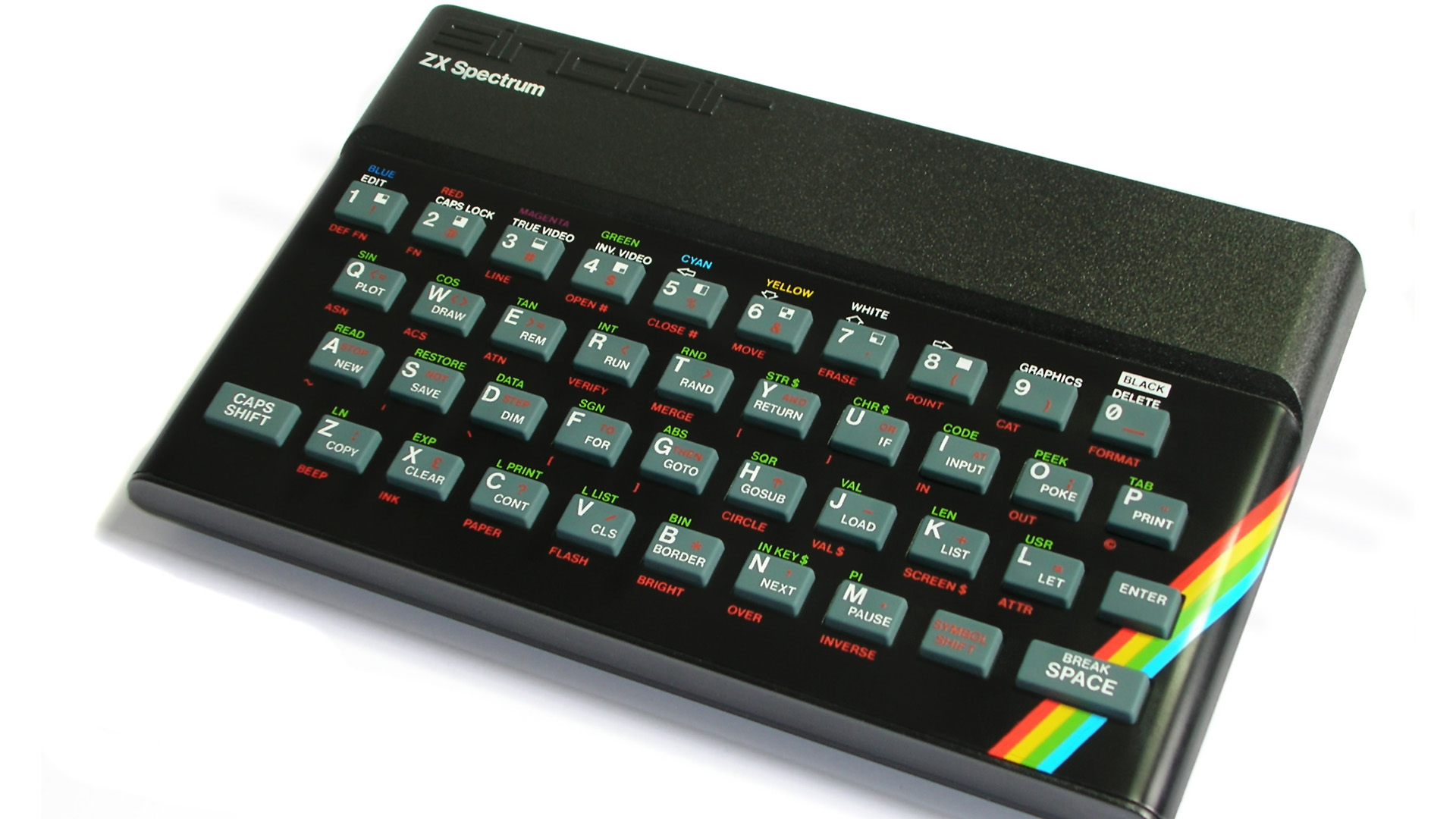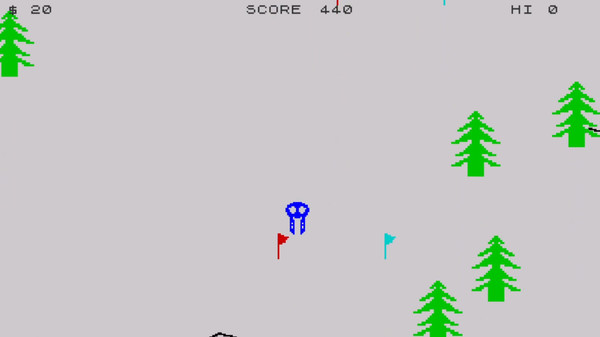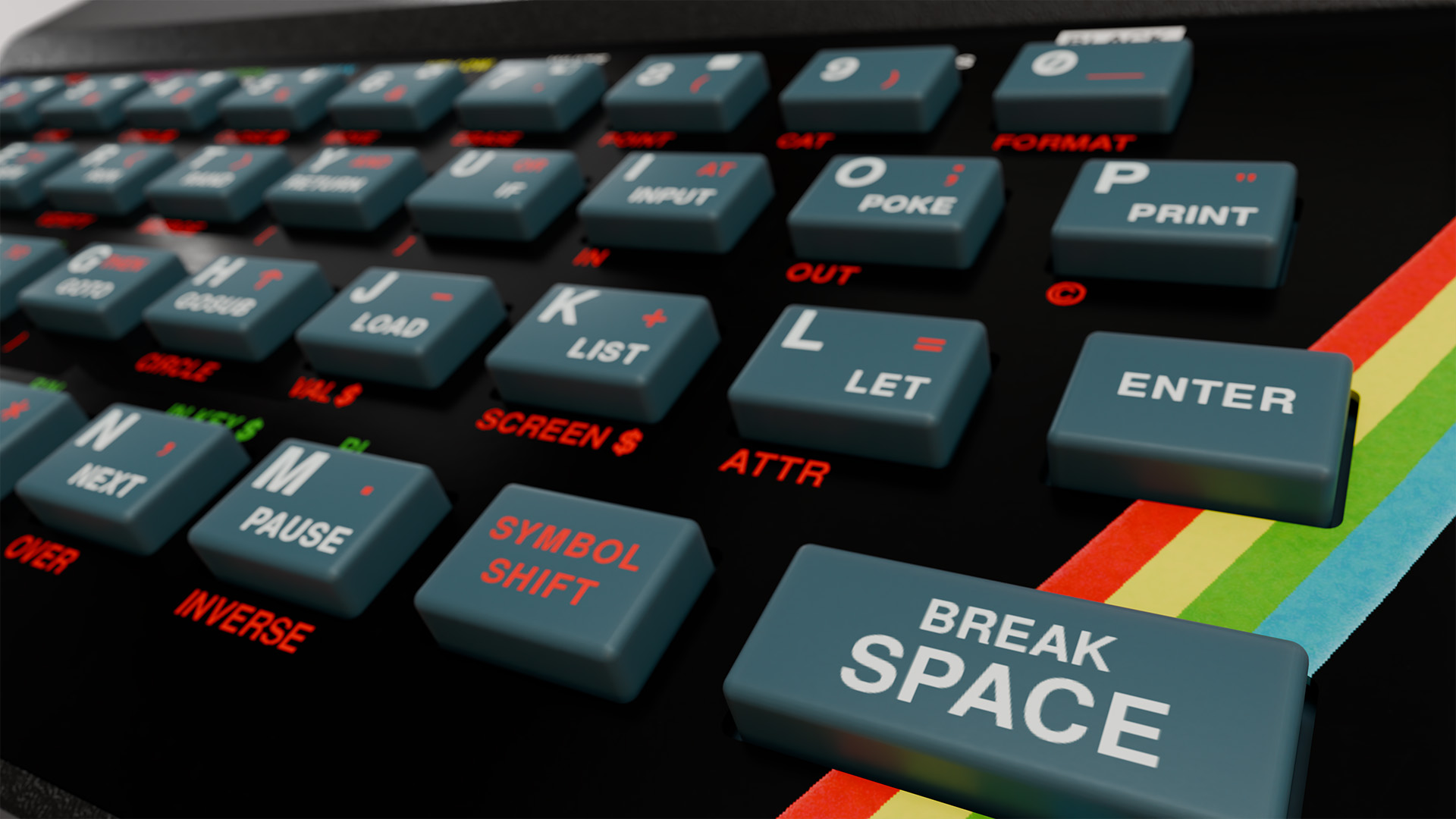

My first computer was a Sinclair ZX Spectrum. I still remember the feel of those rubber keys and how the process of loading the game often took longer than you spent playing it. The ZX Spectrum was the brainchild of Clive Sinclair and was launched in 1982 – though I think I got mine a couple of years later.
Clive Sinclair was a British inventor and an astute businessman. He died this week, aged 81. While the ZX Spectrum wasn’t his first computer (that was the ZX80), it was the model that really changed things, and is credited with kick-starting the British video game industry.
His inventions didn’t stop there but none had the same levels of success, potentially as they were ahead of their time. These included a portable mini-TV, a folding bicycle and the much-mocked Sinclair C5 electric vehicle, which was a recumbent electric bike.
- 100 Greatest Hits app brings Spectrum games to iPad
- PS5 review: the Sony PlayStation 5 rated
- Nintendo could add Game Boy games to Switch – and we're excited

Horris Goes Skiing, now available from Pixel Games on Steam
My ZX Spectrum had the external 32KB RAM pack attached, giving me a total of 48KB. There was no screen, so I pugged it into an old portable TV and to load games I had to attach an external tape recorder that would play a series of strange noises for at least 20 minutes before anything was playable.
The ZX Spectrum came with a large instruction manual, and in it were a number of games that you could program in yourself. Basic code that when typed out on the rubber keys would give you a basic function or game. But with no hard drive, you then had to keep the machine turned on as long as you wanted to play the game – or type it out again from scratch next time.
This process of typing out the code allowed you to see how the games were constructed, and even change some elements by making adjustments to the code. From this, some users soon figured out how to create their own games – and I suspect many then went on to more complex coding.
I never progressed further than copying other code, and soon reverted to tapes as games became more complex. The waiting time you were forced to endure while these games loaded certainly puts console loading into perspective, but it gave you an appreciation of how much had gone into a game. It probably also encouraged designers to find a quicker way to load them. The instant loading of the Super Nintendo blew my mind when I first saw it.
Sign up to the T3 newsletter for smarter living straight to your inbox
Get all the latest news, reviews, deals and buying guides on gorgeous tech, home and active products from the T3 experts
Without computers like the ZX Spectrum and the Commodore 64, we would never have the Amiga or Atari, and without them, there may never have been a Nintendo, Xbox or PlayStation. So, thank you Sir Clive Sinclair for all the hours of entertainment you gave us, your forward-thinking, and all the games that owe their legacy to your ZX Spectrum computer.
As T3's Editor-in-Chief, Mat Gallagher has his finger on the pulse for the latest advances in technology. He has written about technology since 2003 and after stints in Beijing, Hong Kong and Chicago is now based in the UK. He’s a true lover of gadgets, but especially anything that involves cameras, Apple, electric cars, musical instruments or travel.
-
 3 overrated shoulder exercises, according to a fitness expert (and what to do instead)
3 overrated shoulder exercises, according to a fitness expert (and what to do instead)Sculpt 3D shoulders whilst minimising injury with these three alternative exercises
By Bryony Firth-Bernard Published
-
 Polar’s new subscription feature lands in the shadow of Garmin’s Connect+ rollout
Polar’s new subscription feature lands in the shadow of Garmin’s Connect+ rolloutPR genius or timing disaster? Polar’s new Fitness Programme adds adaptive training to its ecosystem
By Matt Kollat Published
